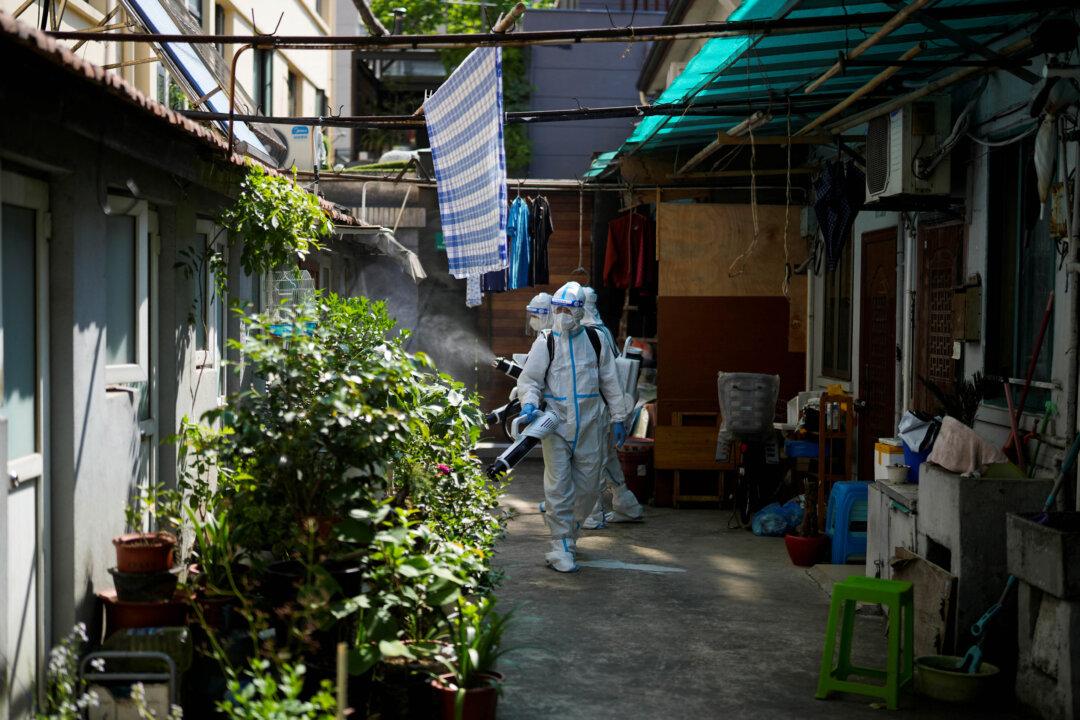During the lockdown in Shanghai, a lot of the volunteers assisting in the pandemic prevention and control measures came from outside the city. Many of them were left on the street without shelter, while there were those who also contracted the virus because of poor hygiene practices in their temporary shelters.
Most of them were recruited through volunteer agents.




